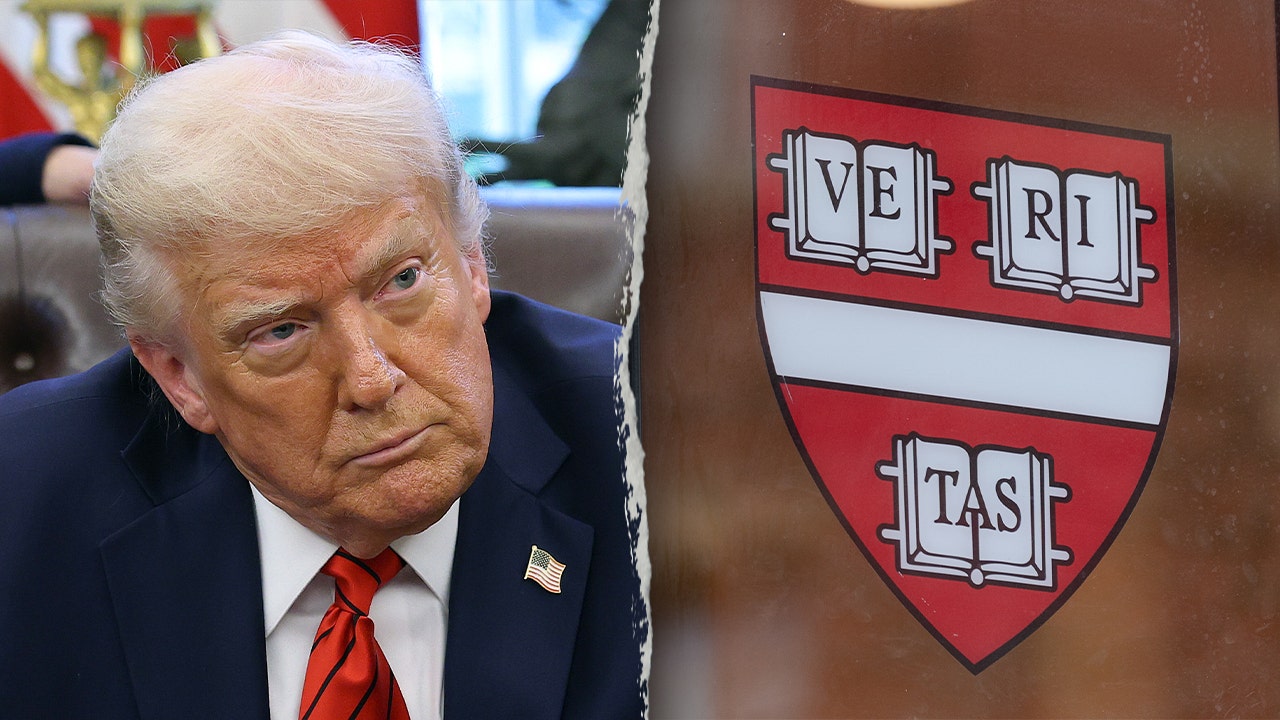Harvard, University of Toronto make contingency plan to allow foreign students to study if barred from US

Harvard University and the University of Toronto have unveiled a backup plan that would enable certain international Harvard graduate students to pursue their education in Canada if the Trump administration’s proposed U.S. visa restrictions are implemented and they are barred from re-entering the U.S. due to legal proceedings.
The U.S. Department of Homeland Security took steps last month to revoke Harvard’s authorization to admit international students after the university allegedly failed to provide extensive behavioral records of student visa holders as requested by the agency. This included footage of protest activities involving student visa holders, even if non-criminal, and the disciplinary records of all student visa holders over the past five years.
However, a federal judge has since intervened to block the government’s attempt to terminate the university’s visa program.
In light of potential challenges with U.S. visas, Harvard University’s John F. Kennedy School of Government is offering select students the option to continue their studies through a visiting student program at the University of Toronto’s Munk School of Global Affairs and Public Policy. This initiative would feature courses taught by faculty members from both institutions.
The contingency plans have been devised to alleviate student uncertainties, although they will only be activated if there is significant demand from students who may face difficulties entering the U.S. due to potential visa or entry restrictions.
“With these contingency plans in place, HKS will be able to continue to provide a world-class public policy education to all of our students, even if they cannot make it to our campus this year,” remarked Harvard Kennedy School Dean Jeremy Weinstein.
The program will be open to international students who have completed at least one year at the U.S. campus. The Trump administration’s decision to slash federal research funding for Harvard, partly due to concerns about alleged antisemitism and violence on campus during anti-Israel protests linked to the Israel-Hamas conflict in Gaza, has prompted Weinstein to announce staff layoffs at Kennedy.
In the past five years, more than 50% of Kennedy students have hailed from overseas, according to the school’s media office. The Harvard International Office website notes that a total of 739 students from 92 countries are currently enrolled in programs at the school aimed at fostering leadership in public policy and government.
This article has been rewritten for a WordPress platform, incorporating the original HTML tags, headings, and essential points from the source content.




